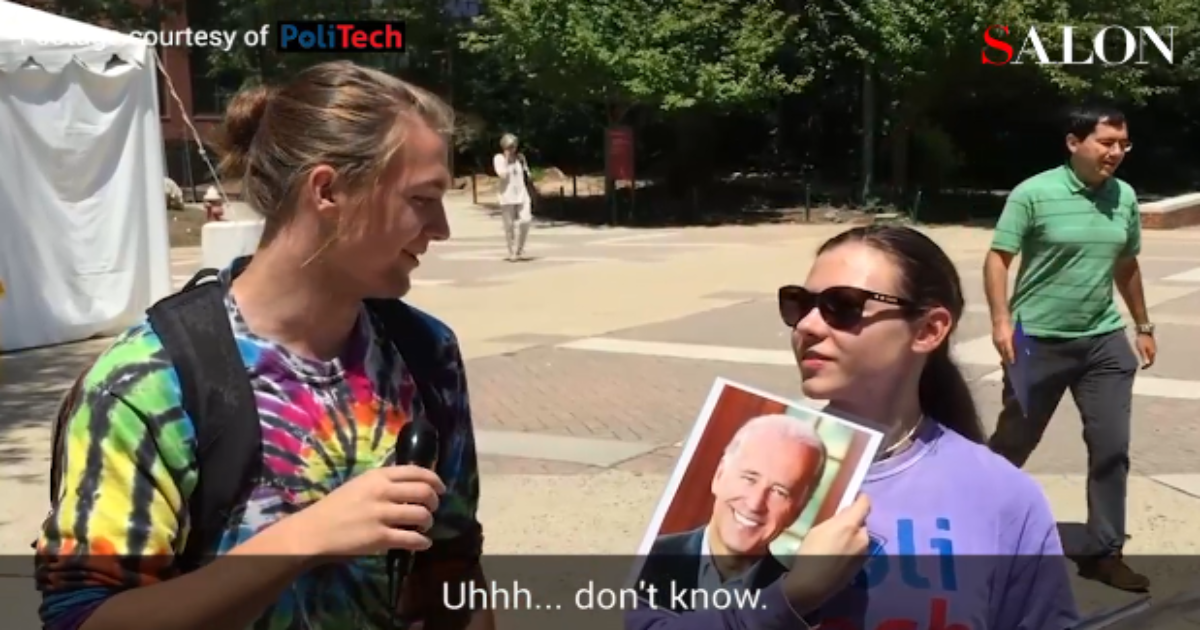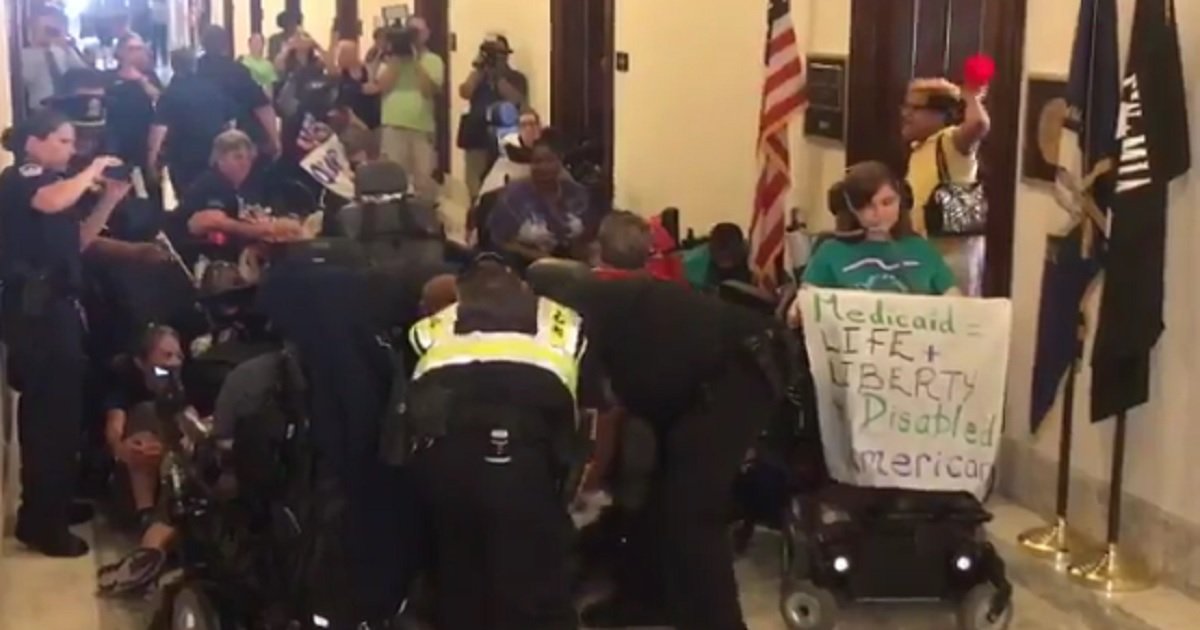Although Americans have had years to understand the Affordable Care Act (ACA), it is apparent that many people are still blinded by the conservative-driven fear of “Obamacare” and fail to comprehend its essential provisions. As The Atlantic points out, “There are legitimate reasons one might support or oppose the healthcare law, but misunderstanding its names or basic provisions is no longer among them.”
Whether it’s a lack of initiative on the part of citizens to understand healthcare reform, a lack of clear explanation from the government, or a surplus of really good fear-based propaganda, many Americans still don’t understand the Affordable Care Act, aka, “Obamacare.”
Last month, CNBC released the results of their third-quarter Economic Survey, in which they asked half of their respondents if they supported Obamacare and half if they supported the Affordable Care Act. The poll found that 30 percent of the respondents do not know what the ACA is, as opposed to 12 percent when asked about Obamacare.
Interestingly, 29 percent supported Obamacare compared with 22 percent who supported the ACA. Conversely, 46 percent opposed Obamacare and only 37 percent opposed the ACA. Other polls have shown more or less the same results.
“Obamacare” – a term coined by Republicans that was intended to be derogatory toward the president and his healthcare reform law, but was then accepted and adopted by the president – is, of course, another term for the Affordable Care Act. Yet the nickname seems to bring out strong reactions on both sides, as opposed to the “Affordable Care Act.”
Americans are still confused about Obamacare. Many agree with the ACA’s provisions when asked about them specifically, but disagree with the healthcare law when asked about it generally. Harry Enten of The Guardian observes that, “More worryingly, more people than not thought that Obamacare includes a public option, undocumented immigrant insurance, death panels, and cuts to Medicare. The Affordable Care Act contains none of these.”
In March, NPR reported that, according to a Kaiser poll, 80 percent of Americans didn’t know whether their state would expand Medicaid under the law, 50 percent didn’t know whether their states would be setting up health exchanges, and 50 percent thought the law would give illegal immigrants health care subsidies. Forty percent of people thought the government would create “death panels” to determine whether a dying person could get health care or not.
The Kaiser poll showed that 70 percent of people liked the initiatives of the Affordable Care Act when asked about each one, but only 37 percent of people said they liked the law itself.
Nevertheless, health insurance exchanges launched across the country this week. People who want coverage under the law will have to choose a plan in order to be covered on January 1. Employees with Massachusetts’ leading health consumer group, Health Care for All, feel that universal health coverage can be as successful for the nation as it has been for their state.
“Will people jump over the negative publicity and go out and seek health care for themselves because it’s in their interest?” Health Care for All research director, Brian Rosman, said during an interview with NPR. “Our experience in Massachusetts is that they’re going to sign up.”
Alisha is a writer and researcher with Ring of Fire. Follow her on Twitter @childoftheearth.


